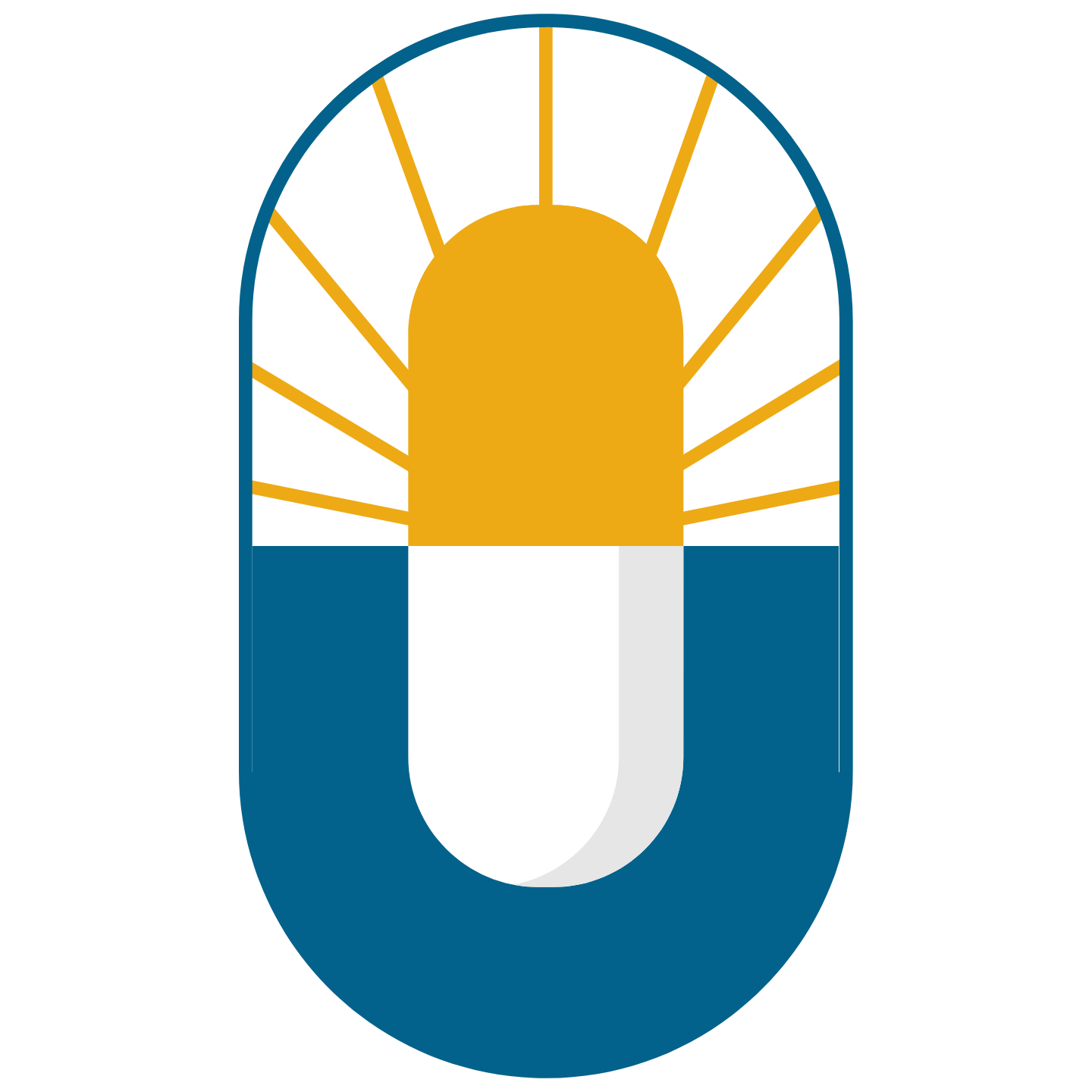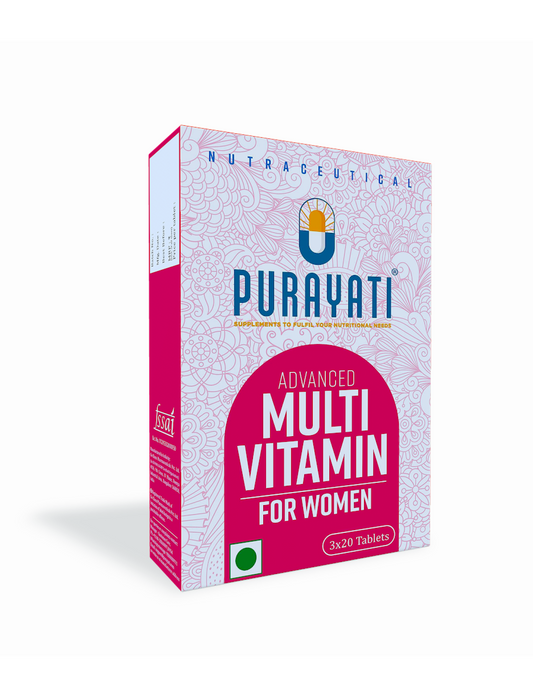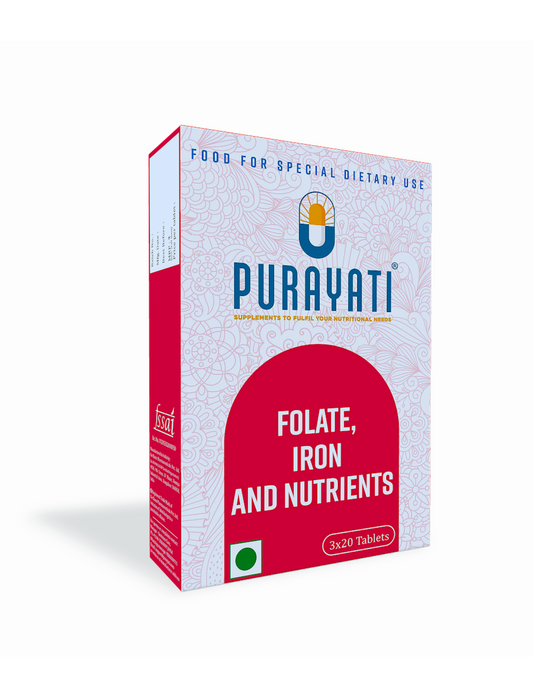As a protein supplement, whey protein is widely used by athletes and bodybuilders across the globe. It should be noted that whey protein is not just for people involved in intense physical workouts. Rather it is for anyone aiming weight loss, muscle strength, lesser carbohydrate intake, and others. Various research studies have shown the positive effect of whey protein on muscular strength and mass. Owing to the presence of a wide range of essential amino acids, whey protein is considered as the most easily absorbable form of protein with the highest percentage of protein. Although it is very safe to consume, people are often confused about the right amount of whey protein to be taken while aiming weight gain and fat loss goals. Further, there are concerns about too much intake of proteins in the diet.

Intake of 0.8 grams of protein per kilogram of body weight is recommended by nutritionists. This is the minimum amount of protein required by the body to avoid risks of deficiency. Beyond this minimal amount, it depends on an individual’s weight to determine the amount of protein required by the body. Lifestyle and activity level also determine the dietary requirement of protein. For people with an active lifestyle including bodybuilding, muscle strengthening, and other athletic activities, consumption of protein is essential to gain and preserve muscle mass. However, specific weight goals would also come into the picture while consuming protein.
There is a misconception that more protein means more meat or protein derived from animal sources. Though animal proteins offer a high amount of proteins, they might also lead to cholesterol and fats; particularly red meat and processed meat. Hence, it is recommended by nutritionists to focus on high-quality protein foods rather than high-content protein foods. According to the American Journal of Clinical Nutrition, the average macronutrient dietary range (AMDR) of protein offering 10-35% of energy for an adult is associated with lower risks of chronic diseases while ensuring sufficient intake of vital nutrients. On average, the daily protein consumption to meet the RDA level contributes 10% of total calories. This can be increased up to 15-25% of total calories with the help of additional supplements such as whey protein while trying to achieve desired weight goals.
How much whey protein to be consumed regularly?
Most branded containers of whey protein powder have a scoop that gives an idea about serving size. Usually, one scoop of whey powder is termed as the recommended serving on most packaged labels. However, the composition of whey powder differs by brands and so is the scoop size. Hence, quantifying the amount of whey protein as required by the body on the basis of scoop size would be wrong.
While aiming for weight loss, it is recommended to get about 30% of calories from proteins every day. The key to weight loss is burning more calories than one consumes. So, if the protein is already included in a regular diet, there is no need to add more calories in the form of whey protein shakes. Protein consumption should be balanced out while trying to lose weight as over-intake of protein might result in the consumption of more calories. It should be noted that whey protein powder is not a substitute for a regular meal. Supplements like whey protein cannot replicate the benefits of whole foods. Protein powder supplements can be helpful when in need of immediate proteins in the absence of a regular meal. Relying heavily on whey protein instead of a regular balanced diet can cause nutritional deficiencies. With a moderate workout regime, 10-20 grams of whey protein can help curb hunger cravings and boost overall metabolism. With an intense workout regime, 20-40 grams of protein can help in weight loss goals.
Protein supplementation along with high-intensity interval training works wonders for building muscle strength. It is commonly believed that more amount of protein consumption will help in building more muscle protein. Whey protein has been known to increase muscle strength and muscle mass. For athletes, intake of protein needs to be more than the recommended dietary allowance. Elevated consumption of proteins, as high as 1.2-2 grams per kilogram of body weight can help prevent lean mass losses. After a session of moderate to vigorous physical exercises, whey protein supplements should be taken to achieve muscle gain and repair.
Is too much whey protein good for health - Risks/ Negative Effects?
After a really intense workout, the body burns a lot of glucose derived from carbohydrates. The calories gained from the intake of excess protein will not immediately burn out. Rather, it might put a stress on kidneys, bones, and liver during absorption. A high protein-rich diet containing a lot of animal products can further increase risks of cardiovascular diseases later in life owning to the intake of cholesterol and saturated fat. Hence, consumption of whey protein should be monitored while on a protein-based diet.
Whey protein is generally termed safe for consumption. To some, it might cause gastrointestinal discomfort such as bloating, increased bowel movements, tiredness, headache, and reduced appetite. People suffering from lactose intolerance should consult with a physician before consuming whey protein powder. Also, consumption of whey protein supplements might interfere with the absorption of certain drugs and antibiotics.
Purayati’s Natural Dry Fruit and Milk Protein Powder
Purayati’s Natural Dry Fruit and Milk Protein Powder contains a blend of proteins to provide both fast and slow absorption of amino acids by the body. The formulation contains proteins derived from casein, whey, and dry fruits. To enhance the taste of the product, actual dry pieces of fruits along with natural cocoa powder have been mixed in the formulation. The product is devoid of any artificial sweeteners and flavors and offers 50% protein content per serving. Developed at a well-equipped FSSAI and ISO certified plant, this high-quality product is aimed to fulfil the requirement of proteins in diet of adults with highly active lifestyle.




